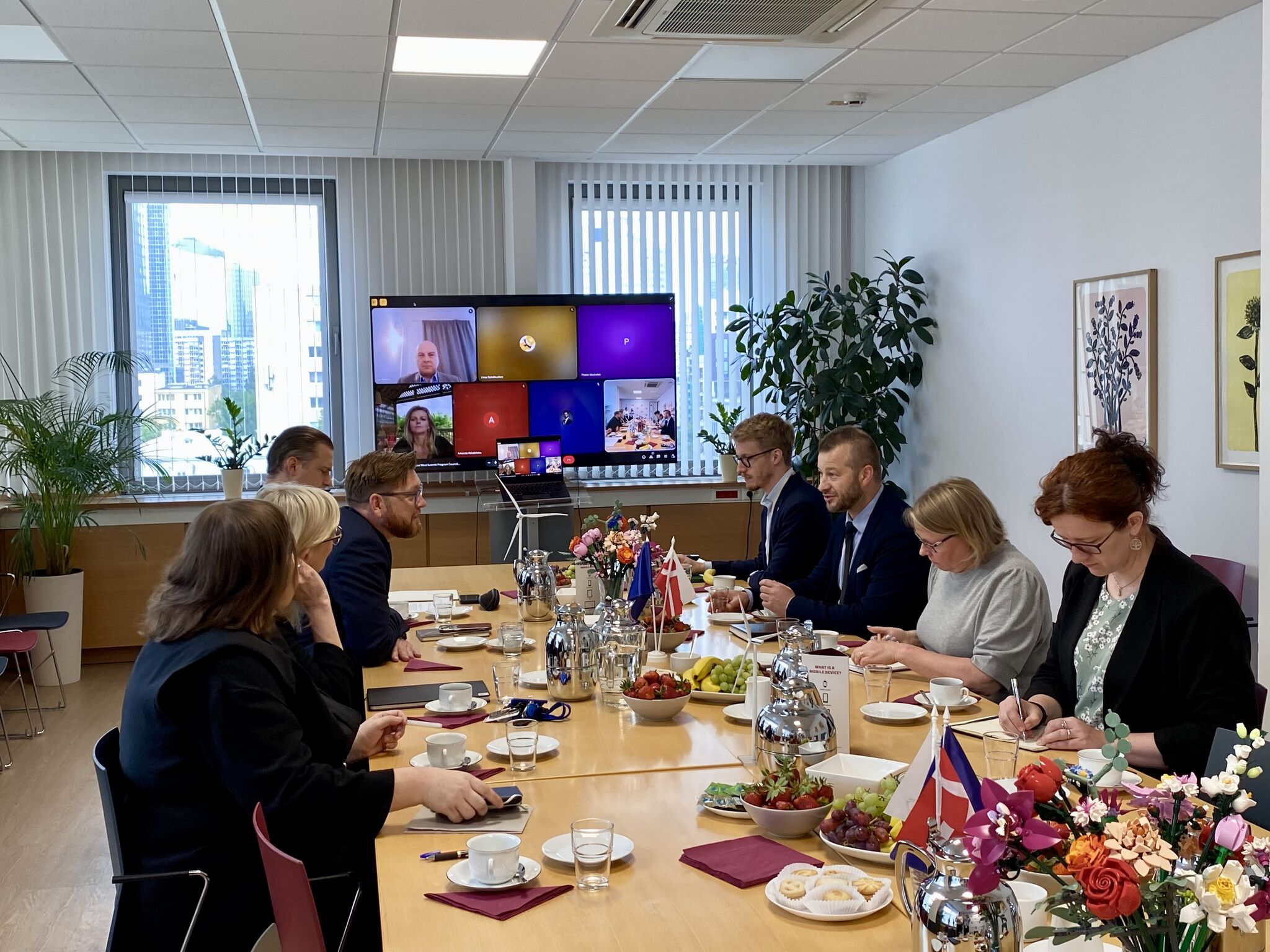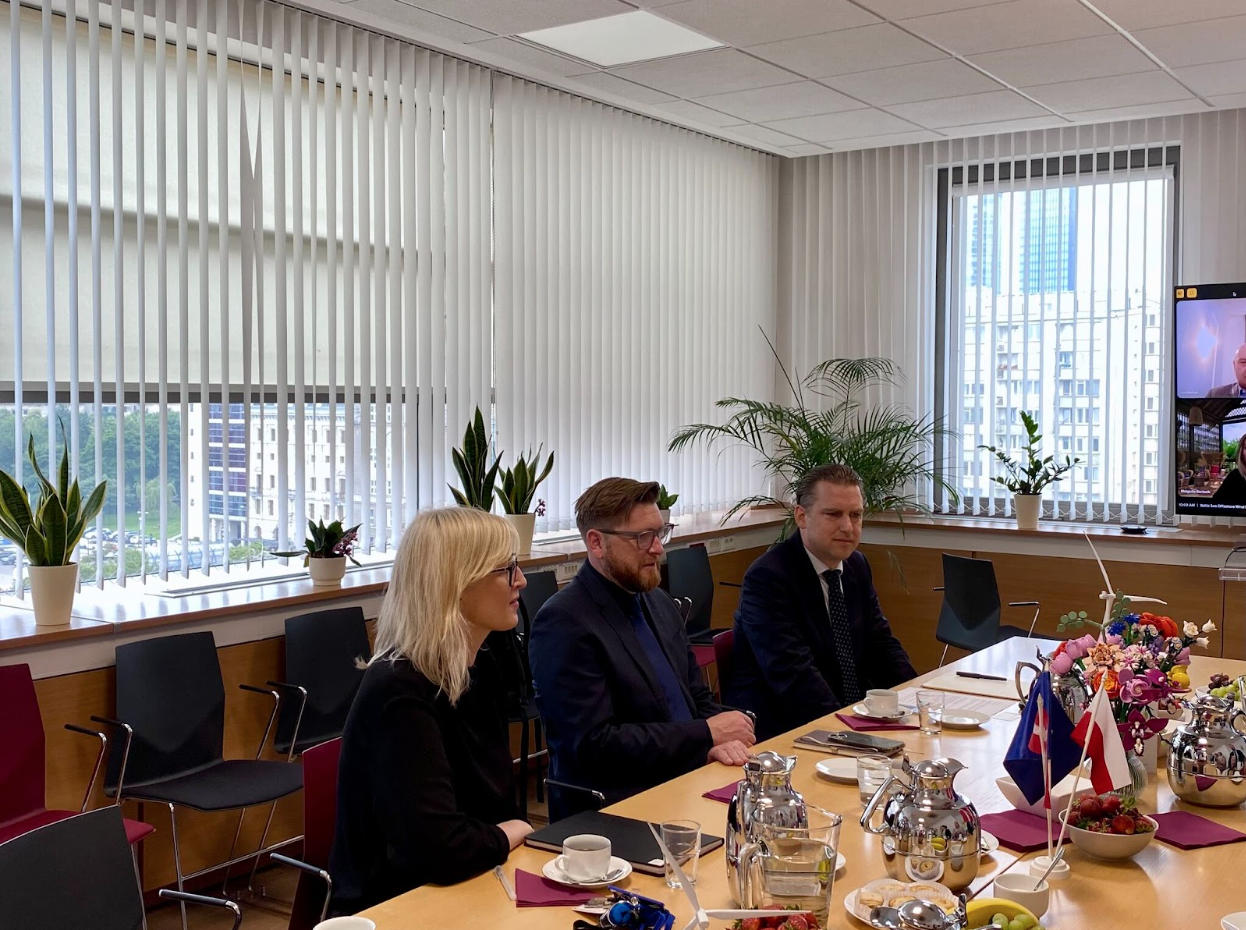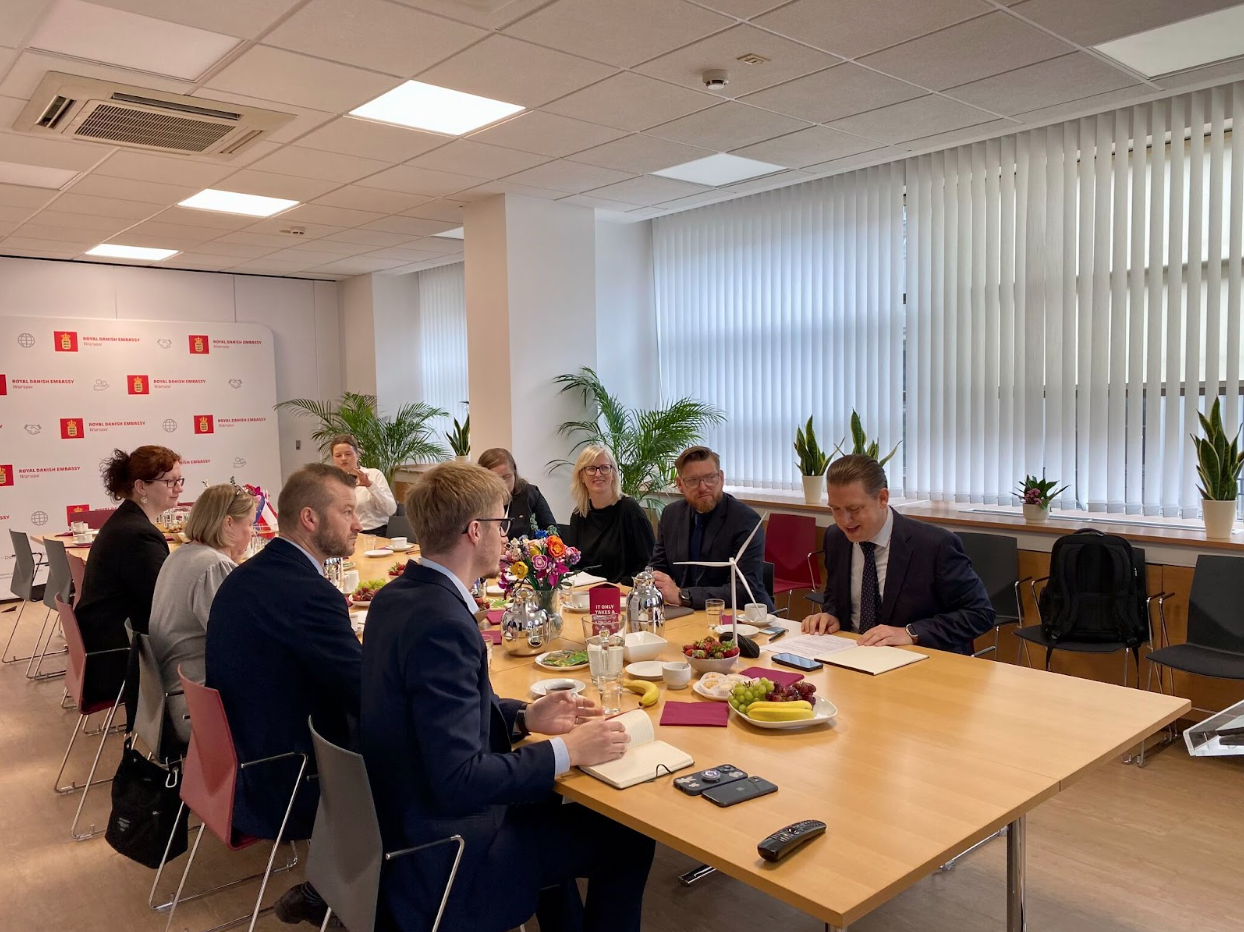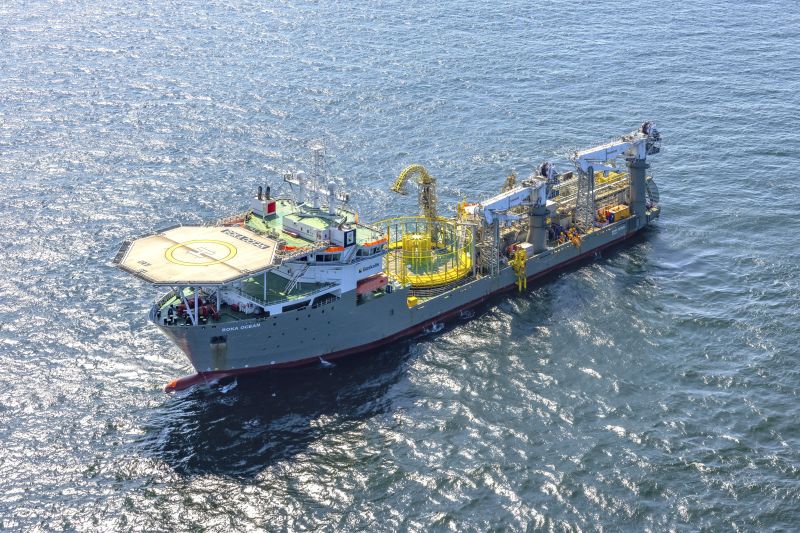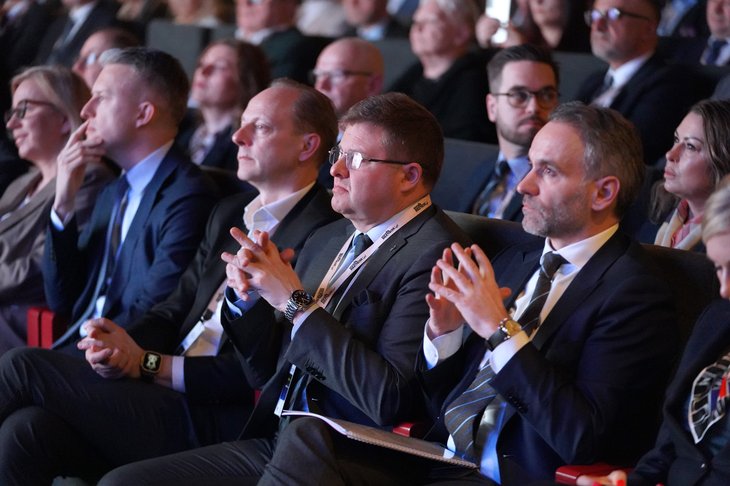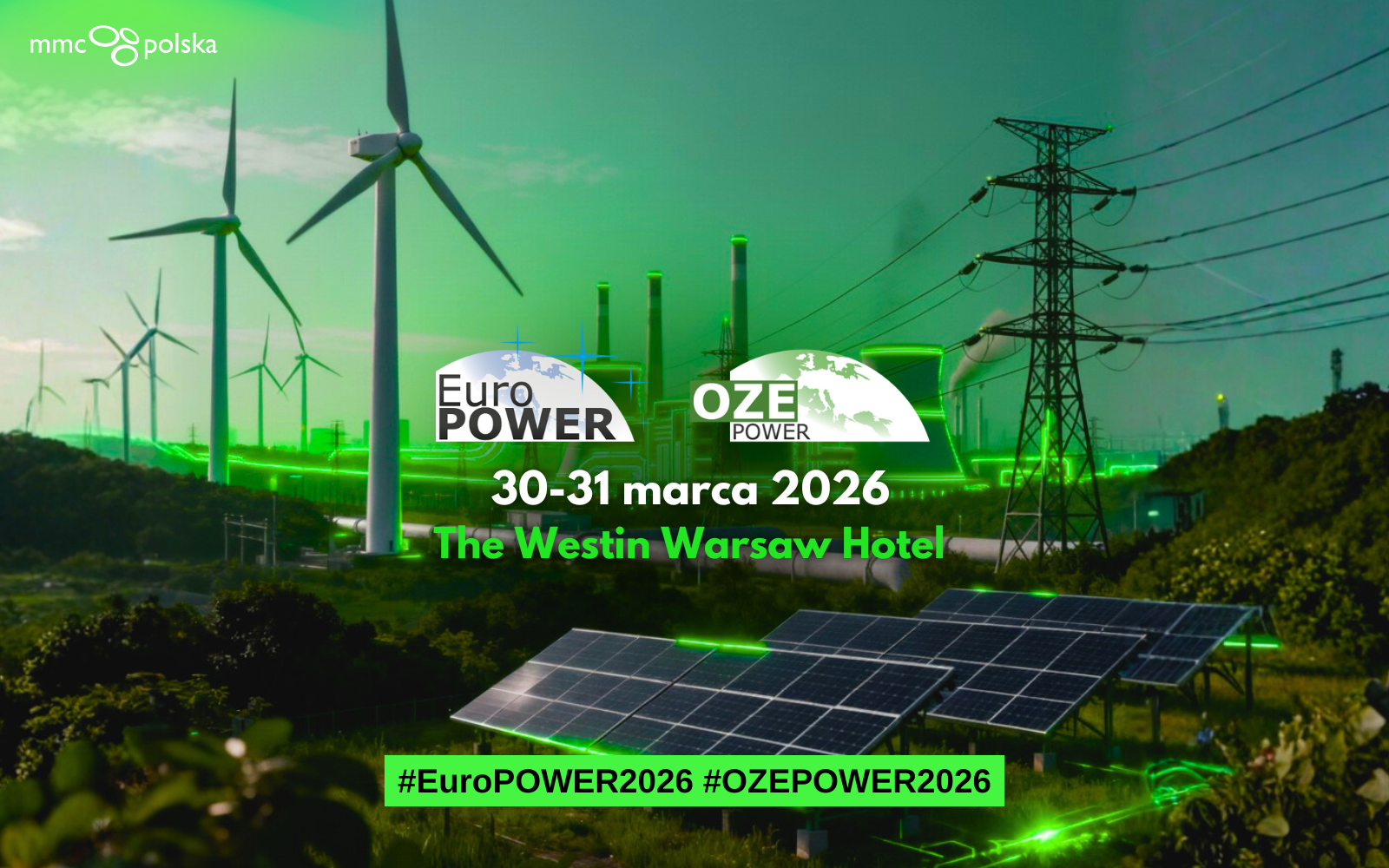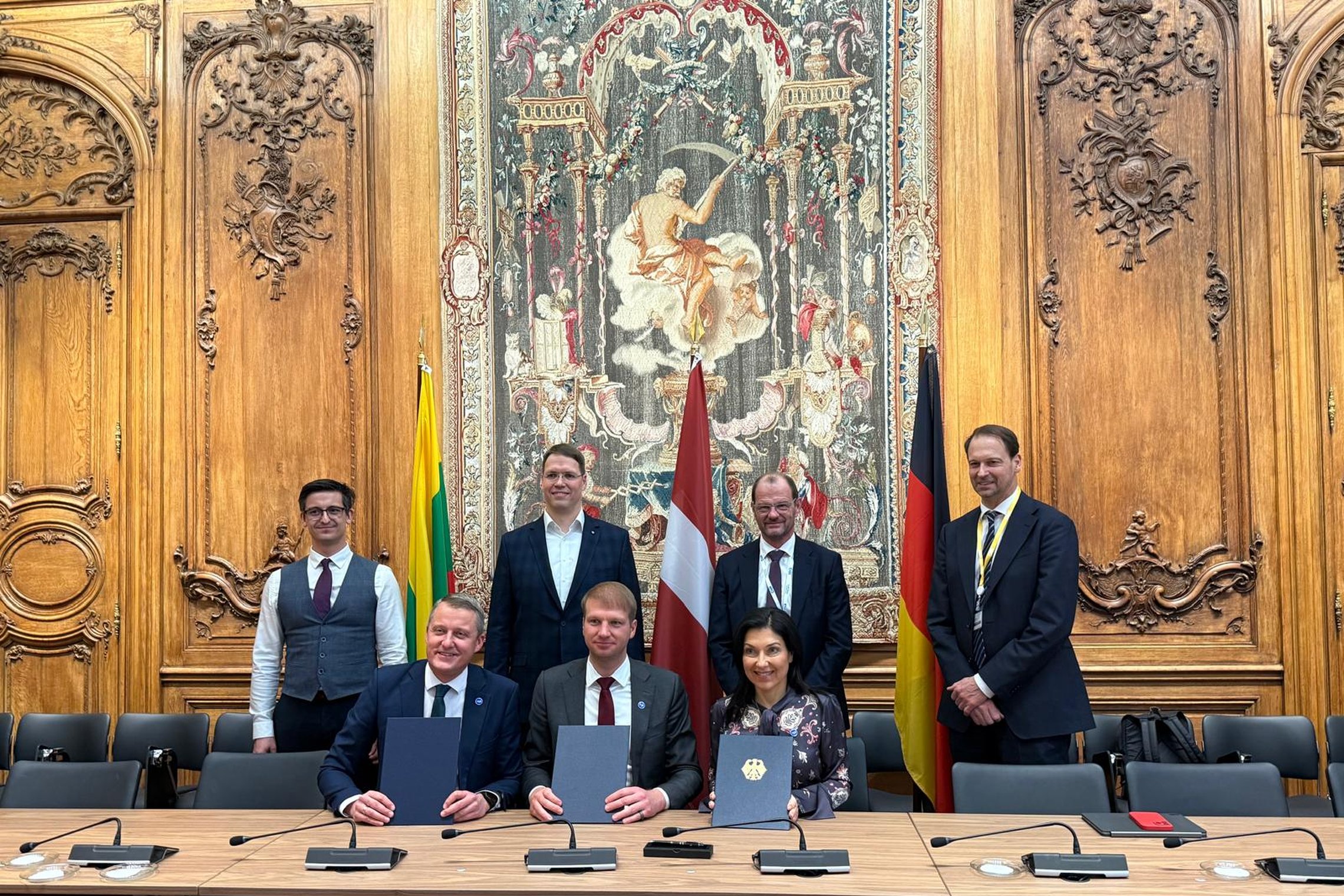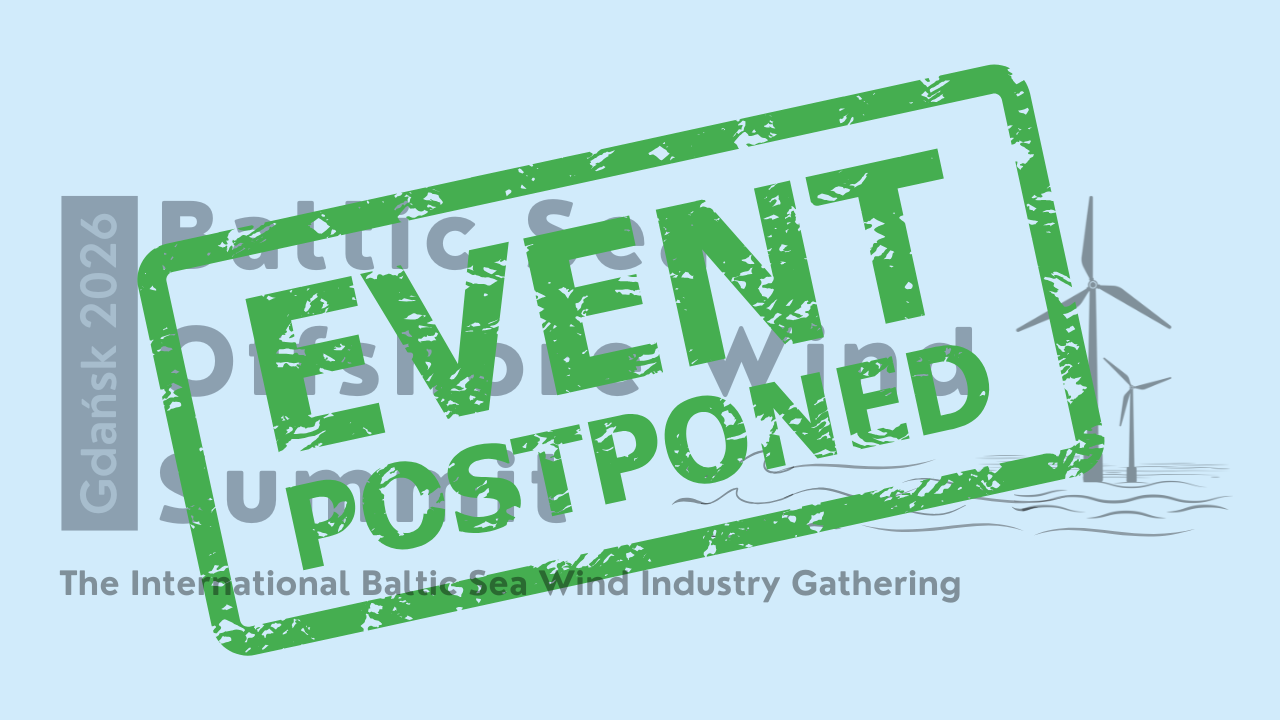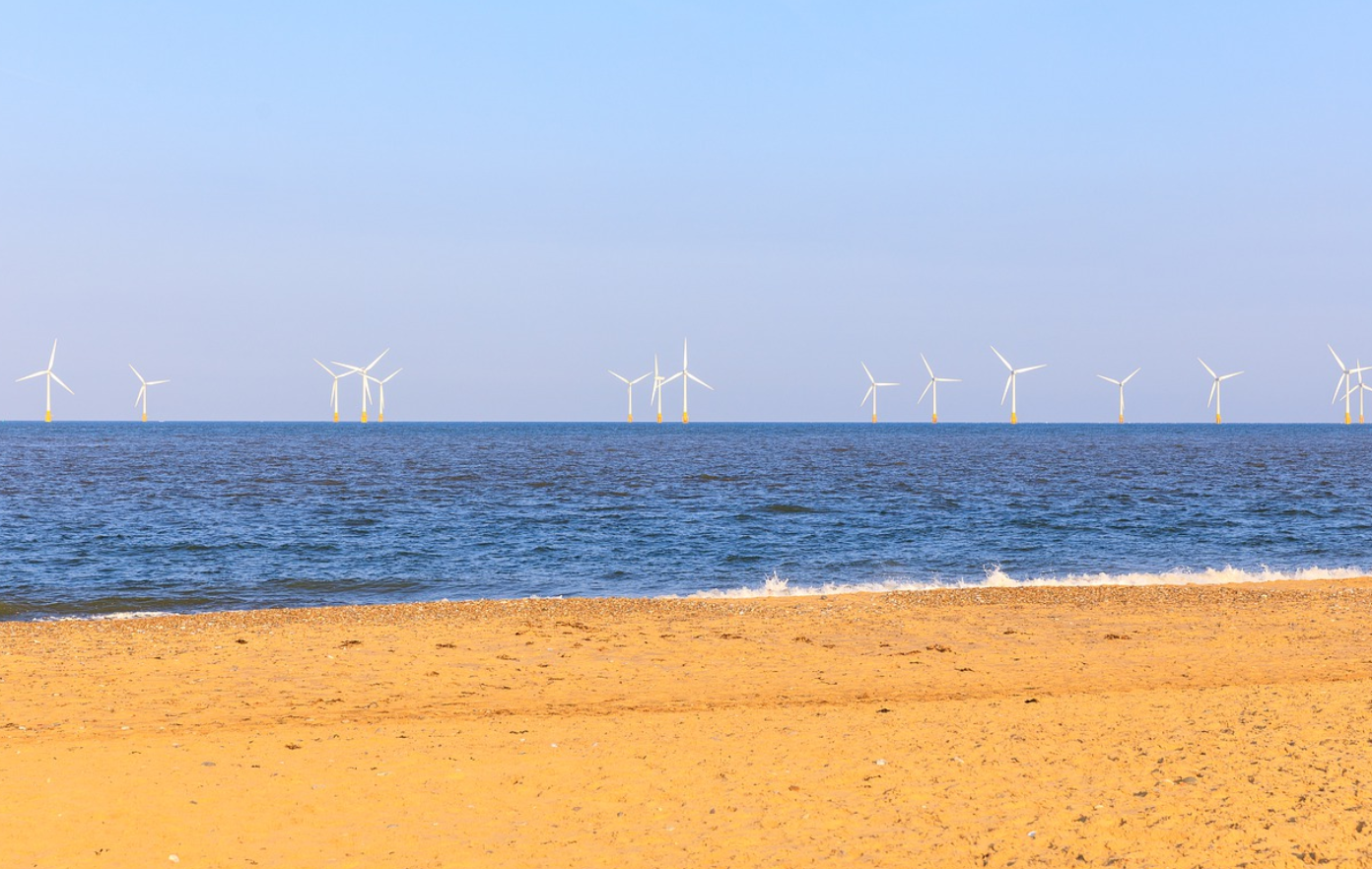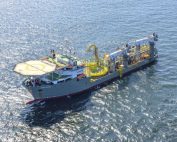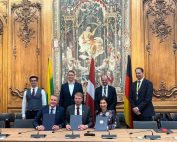It is with great satisfaction that I share my reflections after the first meeting of the Baltic Sea Offshore Wind Summit Program Council, which I had the honor of co-organizing with the Royal Danish Embassy in Warsaw. This event brought together representatives of key stakeholders from across the Baltic Sea region, with the main goal of starting to shape a joint agenda for the development of offshore wind energy ahead of our November summit in Brussels.
What particularly struck me during this debate? First and foremost, a strong, shared conviction that while dialogue is absolutely essential, translating conclusions into concrete action is even more important. Offshore wind energy in the Baltic Sea is about much more than just energy production. It is a matter of regional responsibility, strategic cooperation, and taking into account the perspective of people—from decision-makers to local communities and consumers. The participants agreed that it is necessary for these issues to be discussed not only at the highest levels, but also understood by communities. Acting as a region is both a privilege and a responsibility, which requires taking every voice into account, even if perspectives vary.
The participants in the debate directly pointed out why regional cooperation, despite numerous platforms, has not yet brought the expected results. The question was even asked: “Why are we failing?” Perhaps this is due to a lack of sufficiently concrete actions between formal meetings? Or perhaps it is because we too often think in national rather than regional terms, despite our declarations?
The discussion highlighted several key areas that pose both challenges and enormous opportunities for offshore wind in the Baltic Sea. Participants in the debate drew attention to:
- Market and financial challenges: Although offshore wind is seen as a cornerstone of the energy transition, the construction of offshore wind farms is currently very risky. Problems with rising costs, delays in grid connections, and bottlenecks in supply chains were highlighted. It was emphasized that current auctions too often transfer excessive risk to developers, and offshore wind is a business that requires a clear business model. Developers need legal certainty and support that, even if less generous, will be stable. As noted, no energy source in history has developed without initial support.
- Supply chain challenges: Supply chain issues, including bottlenecks and costs, are slowing down project development. Negotiations are taking much longer, and requirements from years ago are becoming unrealistic. A key issue has emerged: Europe’s loss of global competitiveness in shipbuilding and the production of key components to Asia, e.g., China and Vietnam. Dependence on these markets poses a geopolitical risk. However, it was emphasized that Europe still has an industrial base and needs support mechanisms to rebuild resilience and level the playing field.
- Importance of security: This issue is extremely important, especially in the context of the Baltic region. Offshore wind farms must be recognized as critical infrastructure vulnerable to hybrid threats, including cyberattacks and physical sabotage. The need for a regional approach to security design and infrastructure resilience was postulated. Potential cooperation with NATO and Frontex was mentioned. At the same time, it was discussed that responsibility for physical protection lies with the state, and the role of operators should be limited to providing information and coordinating with the armed forces, while maintaining a civilian character. Excessive security requirements for developers may increase risks and costs, limiting competition. Information security and the risk of disinformation were also mentioned. From my perspective, as someone reporting on the development of the sector, the issue of security is closely linked to investment and project stability. Poland, as one of the leaders in offshore development in the Baltic Sea, is actively working in this area, developing its own asset protection capabilities and cooperating with state services. It was noted that in view of the current geopolitical situation in the Baltic Sea, this element is particularly important. Security should be one of the key issues that resonate with decision-makers in Brussels and create a sense of urgency.
- Need for harmonization of regulations and planning: Participants emphasized that development in the eight countries of the Baltic Sea region in accordance with eight different sets of regulations hinders the creation of a single market. Harmonization of support systems (e.g., CfD), auction criteria, and maritime spatial planning is necessary. Simplification of procedures, including acceleration of permitting processes, is key. As noted, legal certainty is more valued by developers than uncertain, potentially higher support.
- Cooperation in transmission and energy system integration: It was emphasized that thinking about offshore wind in isolation from the entire energy system (onshore, solar, energy storage, nuclear power) leads to failure. A holistic, integrated approach is necessary. Closer cooperation between transmission system operators (TSOs) from the Baltic countries and the inclusion of joint planning at the highest level of priorities, including the development of hybrid interconnectors, are also key.
- Importance of dialogue with communities and other sea users: The need to work with people, educate them, and engage local communities, especially in coastal areas, was highlighted. It is necessary to learn from the mistakes of onshore projects and apply best practices in communication. A “happy coexistence” with other sea users, such as fishermen, shipping, and tourism, should be sought, taking their interests into account to avoid delays. It was noted that offshore wind could be a lifeline for some fishing communities.
The discussion on what should be on the agenda for the Brussels summit was extremely valuable. Participants suggested focusing on a few specific points that could resonate with decision-makers and lead to measurable progress. Among the proposals were:
- Regulatory harmonization (support schemes, auctions, maritime spatial planning).
- Cooperation on transmission (joint planning, hybrid interconnectors).
- Economic opportunities (jobs, regional development, supply chain).
- Security (critical infrastructure, hybrid threats, role of government and industry).
I look forward to continuing this crucial discussion and to translating our joint reflections into a concrete agenda. I would like to take this opportunity to invite everyone to Brussels for the Baltic Sea Offshore Wind Summit in November, where we will have the opportunity to present our conclusions to a wider audience of decision-makers and stakeholders.
To stay up to date with the preparations for the summit, the further activities of the Program Council, and the latest information on the development of offshore wind energy in the Baltic Sea region, I encourage you to follow the event’s website As I said at the end of the meeting, this was only the beginning, and the future of offshore wind in the Baltic Sea requires us all to work together and be determined.
Source: BalticWind.EU & Danish Embassy in Warsaw
